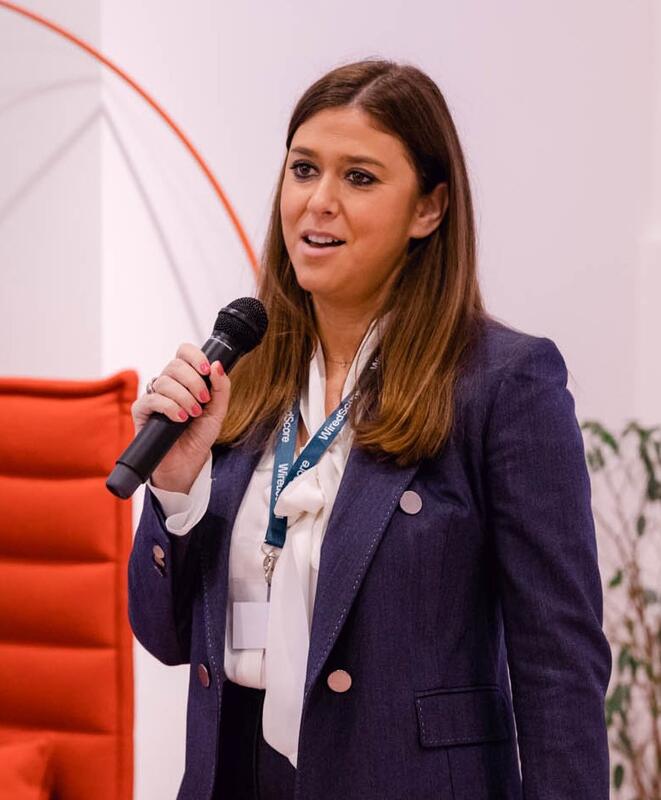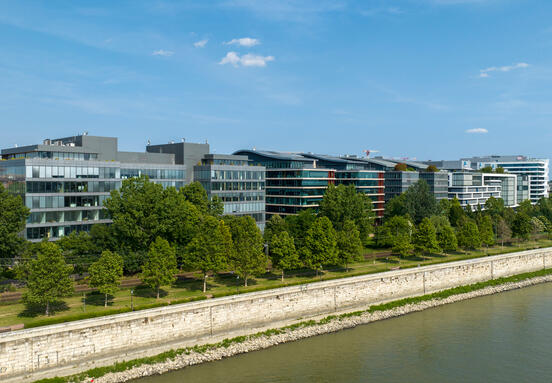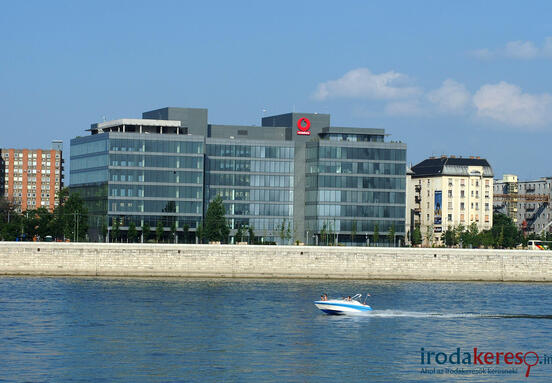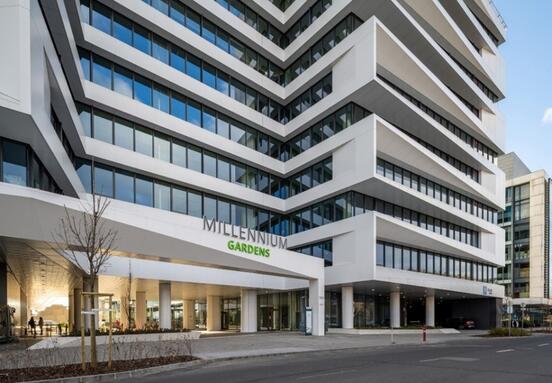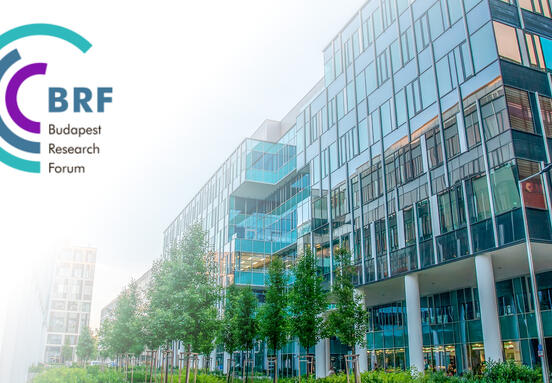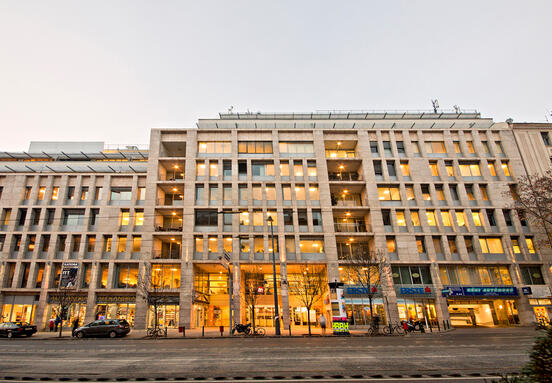The past few years have highlighted the need for a better-built environment. The transition to hybrid work, increased attention to health and well-being, and the climate crisis have all led to a change in user expectations. Office users demand a more sustainable, cost-effective, healthier, and inspiring environment with exceptional digital connectivity. This provides an opportunity for property owners to be more ambitious when it comes to in-building technology in order to provide outstanding results for all users.
Rating and certifying the digital connectivity and technology infrastructure
WiredScore is a company that specializes in rating and certifying the digital connectivity and technology infrastructure of commercial and residential real estate properties. The company was founded in 2013 and is known for its WiredScore and SmartScore certifications, the internationally recognised digital connectivity and smart building rating systems for real estate. The certifications assess and certify propertoes based on their digital connectivity, technological infrastructure and digital readiness.
More than 1000 clients and 8 million people live and work in WiredScore certified buildings on around 90 million square meters, Tom Vaughan-Fowler, Director of Business Development, Growth Markets, introduced the New York-based company.
WiredScore provides different levels of certification, including Platinum, Gold, Silver, and Certified, based on the quality and reliability of a property's digital infrastructure. These certifications are designed to help property owners, managers, and developers showcase the quality of their properties' digital infrastructure to potential tenants, investors, and the real estate market.
’A Global Smart Building Certification can offer numerous benefits, ranging from enhancing property value and marketability to improving energy efficiency, tenant satisfaction, and operational efficiency. It can position your property as a forward-thinking and competitive choice in a rapidly evolving real estate landscape’, Director of Business Development added.
Powered by AI
AI has clearly taken center stage in 2023. It is evident that data is the oil of the 21st century, and analytics is the combustion engine. This is evidenced by the trend that, within a year, thousands of applications based on AI knowledge have emerged. The process also appears to be unstoppable in the context of property management, as well, as Renata Hartle (Director, Technology Solutions) from Colliers highlighted it in her presentation, where she also pointed out that
AI has the potential to deliver energy savings of up to 20% in buildings and 15% in transportation systems. Additionally, AI-driven solutions can help businesses reduce CO2 emissions by up to 10% and cut energy costs by 10-20%.
„A building's architecture used to be its defining factor. This has changed because tenants now focus on things you can't see at first glance: ESG credibility, tech network, community and amenity"- Miklós Ecsődi highlighted.
The panel participants agreed that the the availability of vast amounts of data is a crucial tech trend shaping the real estate market. Moreover, data-driven applications or decision-making extends to the design, development, and management of properties, as well.
Focusing on occupier requirements, Laura Klair summerized how there has been a rapid evolution in occupier expectations:
The death of the office is a myth and the requirement is on landlords and developers to creat spaces people want to come and collaborate in.
Colliers
